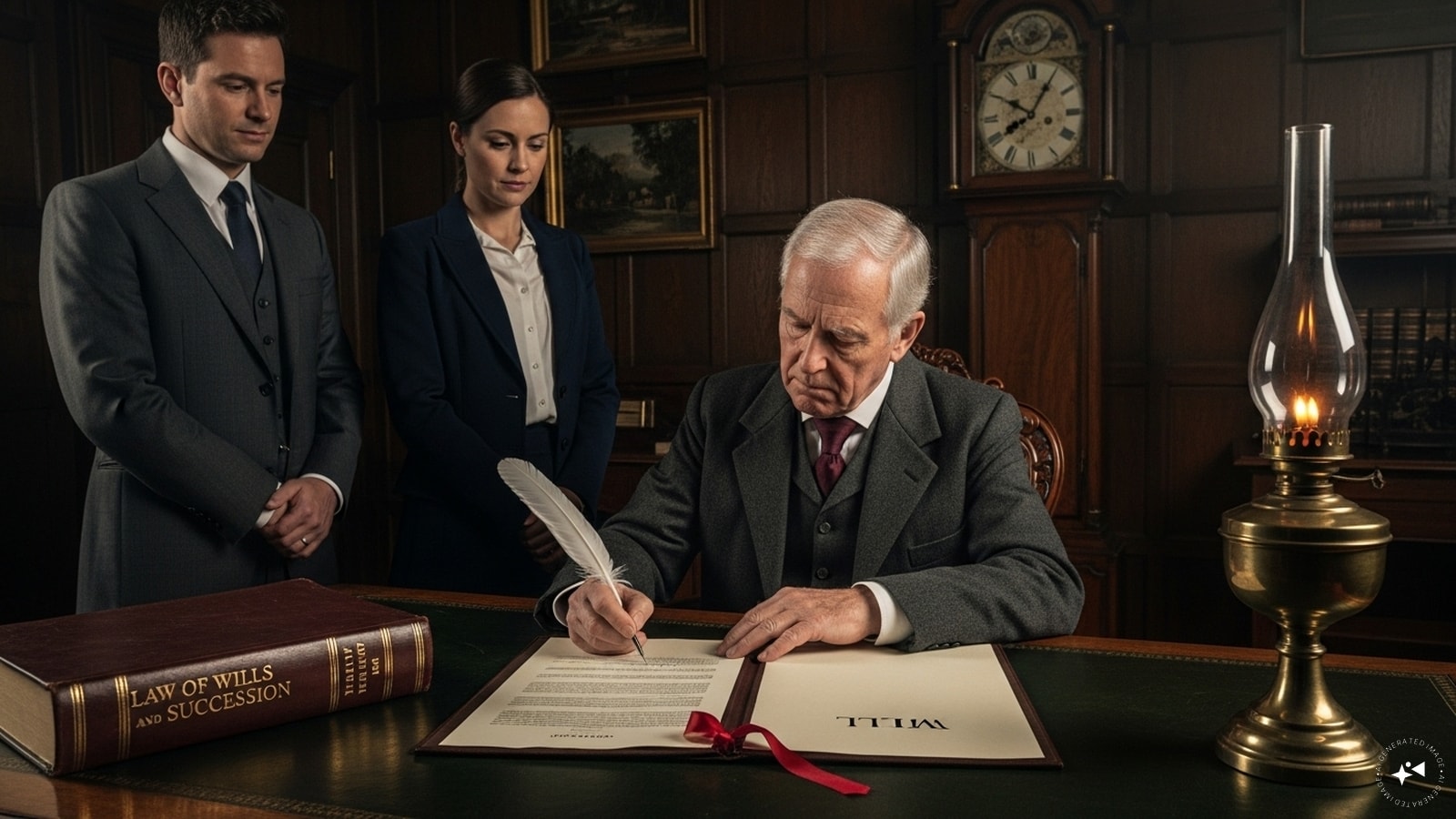
Miss a signature, skip a clause, or leave a sentence unclear—and you could be looking at years of courtroom battles. (Image: AI-Generated)

A will should be drafted in clear, unambiguous language and executed in strict compliance with Section 63 of the Indian Succession Act, 1925. (Image: AI-Generated)

For the will to be legally binding, the testator must sign it in the presence of two independent witnesses, who then add their signatures. (Image: AI-Generated)

Experts suggest that getting a medical fitness certificate and recording a short video while signing a will can help prove that the testator was of sound mind and acting voluntarily. (Image: AI-Generated)

Additionally, updating your will regularly and ensuring it is clear can significantly strengthen its enforceability. (Image: AI-Generated)

Common mistakes when drafting a will include improper execution, missing valid witnesses, neglecting updates after major life events, overlooking digital or non-probate assets, using vague language, and failing to appoint a guardian for minor children. (Image: AI-Generated)

Skipping legal review and using informal or handwritten templates can turn a will into a risky, unenforceable document. (Image: AI-Generated)

While registration is optional, failing to register a will can make it easier to challenge on authenticity grounds. (Image: AI-Generated)

Furthermore, families should openly discuss inheritance and the will while the testator is alive. (Image: AI-Generated)

Note: Explaining asset distribution, holding periodic meetings, and maintaining written records helps build trust, prevent disputes, and avoid future legal battles. (Image: AI-Generated)






